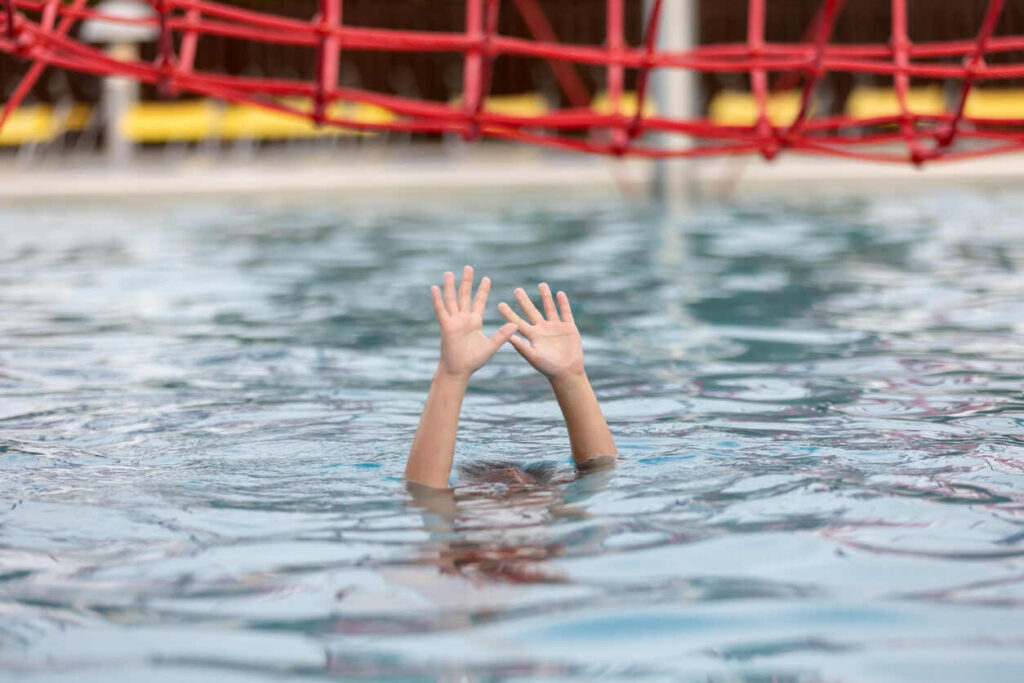Get Our Insider to Property Damage Brochure

What Legal Options Does a Family Have After a Drowning Accident in North Carolina?
June 13, 2025Few tragedies are as devastating and sudden as a drowning accident. North Carolina families are left reeling with grief and searching for answers after the unthinkable happens, often in places they thought were safe. Whether the drowning occurs at a private residence, apartment complex, hotel, public pool, or even a natural body of water, surviving family members may have legal grounds to pursue compensation.
At Dewey, Ramsay & Hunt, our Charlotte personal injury lawyers help families understand their legal rights after these heartbreaking losses and take action against negligent property owners or operators.
Where Do Drowning Accidents Happen—and Who Can Be Held Liable?
Drowning accidents in North Carolina happen more frequently than many people realize, and not just in oceans or lakes.
Common locations include:
- Backyard pools at private homes.
- Community or apartment complex pools.
- Hotel and resort swimming areas.
- Public pools are operated by municipalities.
- Gyms and recreation centers.
- Beaches, rivers, and lakes without proper signage or lifeguards.
In many of these environments, property owners and managers have a legal duty to maintain safe conditions, especially if the space is open to guests, tenants, or the public. If a property owner fails to install barriers, post warning signs, hire trained lifeguards, or maintain pool safety features like drain covers, they may be held liable under premises liability law.
Can a Family File a Wrongful Death Claim After a Drowning?
If a loved one dies as a result of a drowning accident caused by someone else’s negligence, the family may be entitled to file a wrongful death lawsuit in North Carolina.
These cases can seek compensation for:
- Medical care is provided before death.
- Funeral and burial expenses.
- Loss of financial support.
- Loss of companionship and emotional suffering.
The legal process can be complex and emotionally draining, especially after a sudden loss. Our attorneys at Dewey, Ramsay & Hunt handle these cases with the compassion and care your family deserves while aggressively pursuing justice on your behalf.
What If the North Carolina Drowning Victim Is a Child?
Children are especially vulnerable to drowning, and North Carolina law recognizes the heightened duty of care owed to minors. Inadequate fencing, broken pool gates, lack of supervision, or failure to warn about dangerous water conditions can all lead to legal liability, even if the child accessed the area without direct permission.
In these cases, families may also be able to file claims for emotional distress and long-term psychological harm suffered by surviving family members or witnesses.
How Dewey, Ramsay & Hunt Support Grieving Families
In the aftermath of a drowning accident, families often face not just heartbreak but also unanswered questions and financial pressure.
Our firm works quickly to:
- Investigate the conditions that led to the drowning.
- Preserve evidence, including surveillance footage and witness accounts.
- Identify all responsible parties—property owners, management companies, or municipalities.
- Pursue fair compensation to support your family’s future.
We are committed to holding negligent parties accountable and helping families find a path forward.
If You’ve Lost a Loved One to a Drowning Accident, Contact Us Today
No family should have to face the aftermath of a drowning alone. At Dewey, Ramsay & Hunt, we are here to answer your questions, protect your rights, and fight for the justice your loved one deserves.
Contact us today at 704-377-3737 or online for a free, compassionate consultation.
Your Injury, Our Fight. How can we help you take a stand?
Because every case is different, the description of awards and issues previously managed by our law firm does not guarantee a similar outcome in current or future cases.

